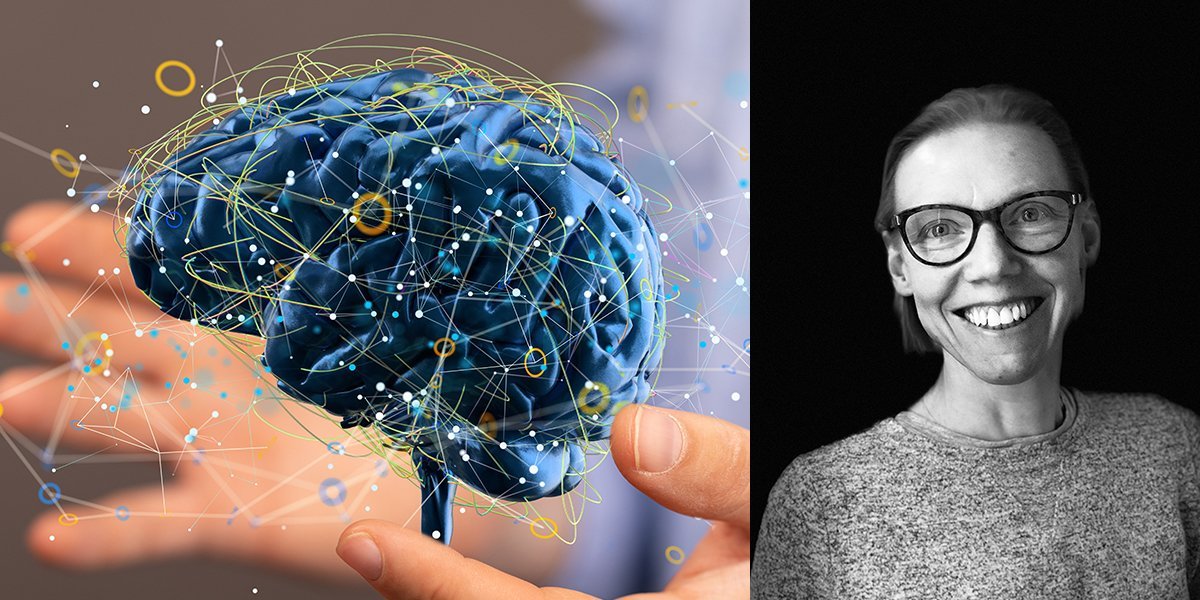Professor Bassett asks us to consider how earlier transformations in media technologies – personal computing, the internet, mobile media, can help generate deeper conversations about AI and its likely impact on our cultures and our societies. “We are dazzled by the new and often ignore questions about technology’s effects, for instance around questions of social justice, discrimination, and equality, until it’s too late. Looking back at earlier moments and our hopes and fears then can be informing,” she argues.
She believes that the arts and humanities are well positioned to ask questions about our AI futures, bringing perspectives that can reach beyond the razzle-dazzle and hype. “AI will bring in new cultural patterns and forms, generate new possibilities for how we work and study but what we do with those depends on us; it’s not about whether AI is good or evil” she adds.
Professor Bassett and Cambridge Digital Humanities, first established in 2017, approach the study of digital technologies across the arts and humanities, encompassing work with libraries and library collections, literature as digital humanities, global digital humanities, critical media theorization, digital media, methodological advancement, and future and emerging technologies, including AI and machine learning.
The Centre offers MPhil programs in Digital Humanities for students interested in exploring humanities approaches to digital innovations in culture, and in develop new methodologies and practices for research. A new PhD program that will enable students to engage at a doctoral level to develop the skills and knowledge necessary to understand and engage with digital research and digital cultures launches this year.
Professor Bassett began her academic journey with an English degree. She was a technology journalist for several years, before returning to explore media theory at doctoral level. More recently she co-founded the Sussex Humanities Lab at Sussex University. She arrived at Cambridge in Autumn 2019 as Professor of Digital Humanities and Director of Cambridge Digital Humanities (CDH) and is based in the English Faculty. She is a Fellow of Corpus Christi College.
She writes widely on these issues in journals, public for and elsewhere. Recent book length works include Anti-computing: Dissent and the machine (Manchester University Press, 2022) and Furious: Technological Feminism and Digital Futures with Sarah Kember and Kate O’Riordan (Pluto Books, 2019).

